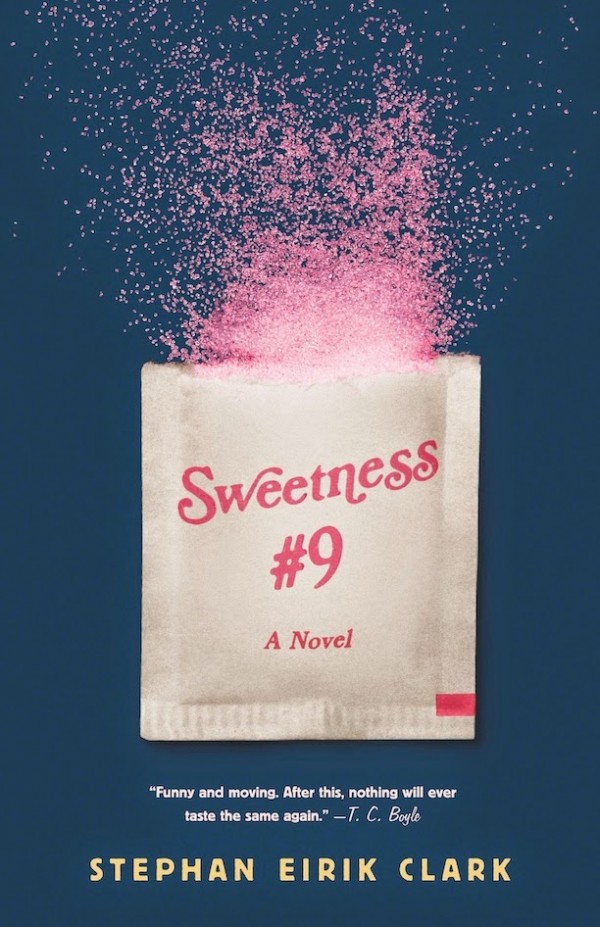FRESH AIR
When author Stephan Eirik Clark read Fast Food Nation in 2001, he didn’t know it would inspire him to write a fictional account of the food industry. “Flavorings were like gravity or electricity — something that was all around me but that I had never paid any attention to,” Clark tells Fresh Air’s Terry Gross. “And as soon as I read that book and its chapter on food product design, I started to ask myself, ‘How important are these to the foods?’ I started to question if I was really eating food or just the idea of food.” Clark started asking himself all sorts of questions that led him to write his novel Sweetness #9. “With these molecules, you can make something taste like grass or roasted chicken, and what is it covering up? What is it supporting? What is it enhancing?” Clark says. “All of these questions and philosophical ideas that sprang out of this simple industry just went off — and I found myself deep into a novel.” Sweetness #9 takes a satirical look at over two decades of food wars, family life and American culture. The main character, David Leveraux, is a flavor chemist who starts his career in 1973 at a company whose new product is an artificial sweetener called Sweetness #9. His job is to test the product on lab rats and monkeys and monitor the health effects. He reports a lot of side effects that are covered up by the company. Sweetness #9 soon becomes the artificial sweetener used in diet drinks, and many other foods, and is also marketed in little packets for use in coffee and tea. When Leveraux sees Americans overcome by the symptoms he found in the lab animals — like obesity, rage, depression — he feels personally responsible for not having blown the whistle on the manufacturer. “It’s not an anti-flavorings novel,” Clark says. “It does, I hope, look at it in a way that includes the complications and the contradictions and the good and the bad.” MORE

